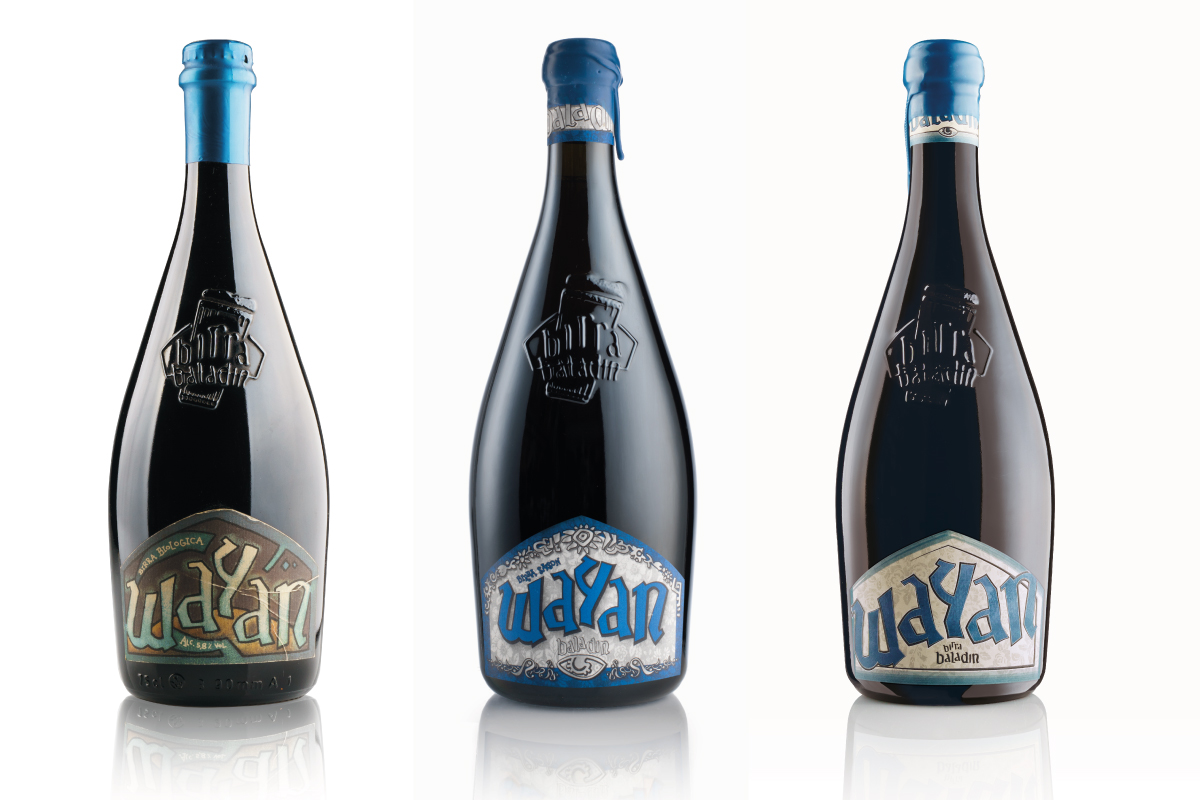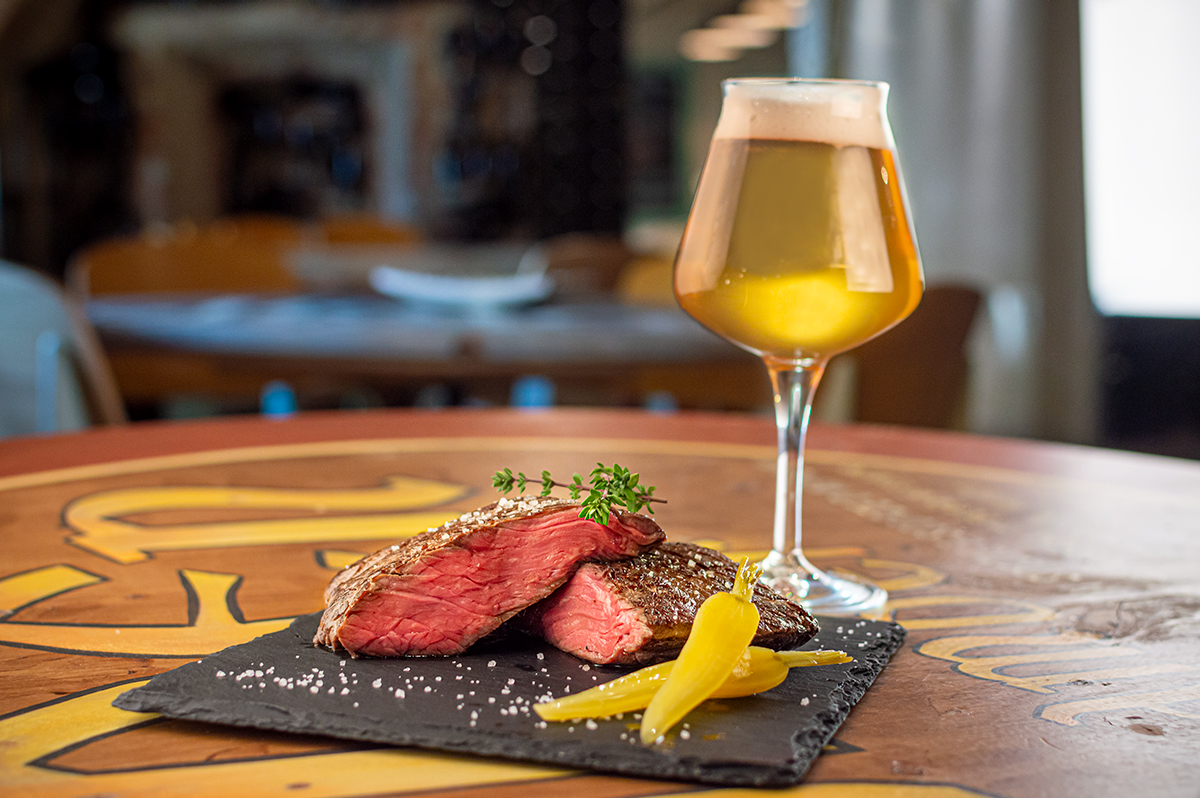Wayan: the first Saison brewed in Baladin

The Baladin brewery has always looked up at the Belgian beer culture and taken inspiration from it. Of course, its range had to pay homage to the famous Saison style with a very personal interpretation, as is usual for Baladin. Baladin’ Saison is called Wayan (5.8%). It was launched in 2000 when Teo Musso's daughter was born and gave its name to the new beer: Wayan means “first daughter” in Balinese. The idea was to make a product with a very feminine bouquet, with elegant flowery nuances and refined notes of spices.
Saison... our way!
It was therefore natural to investigate the world of Saisons with a special focus on the most authentic interpretation of the style. In other words, Baladin was not looking for a beer that defines its aromas around the peculiarities of the Saison yeast (which is not used in Wayan). Instead, it was aiming for a product that - in line with the oldest version of the style - would be a potpourri of spices and special ingredients. Saisons are historically linked to farms and their products. The reasons for this are manifold: first, Saisons were made with whatever ingredients were available, which could vary greatly from farm to farm and from batch to batch. Secondly, it was necessary to use ingredients with preservative properties to keep the beers for longer, until late summer. For this reason, Wayan is very different from modern Saisons. But this also means that it is fully in line with the Baladin philosophy of reinterpreting beers styles and make them its own.
Despite the differences with its reference style, Wayan still shares many characteristics of Saison beers. First of all, the composition of the grist, i.e. the fermentable basis. Originally, these beers were made with whatever grains were available at the farm, and not just (malted) barley. The same is true for Wayan. Its recipe contains a significant amount of barley malt, as well as non-malted wheat, rye, spelt and buckwheat. These additional ingredients help create an even richer aromatic profile.
The importance of spices in Baladin Wayan
Just as it happens in the most traditional interpretation of Saisons, spices play a key role in Wayan. Teo Musso’s initial idea was to emphasize this aspect, and he did not shy away from using rather unusual ingredients in beer-making, such as chicory. The remaining aromas are obtained from three different types of pepper, orange, lemon and bergamot zest and other special ingredients. This intriguing mix gives a unique and bold character to the organoleptic profile of this beer. At the same time, it counterbalances the sweetness that comes from the grains - especially with the bitterness of the gentian root - as only a small amount of hops is used.
The evolution of Wayan
Although Wayan is now a beer with a well-defined and consolidated structure, it has undergone some important evolutions over the years. About five or six years ago, Teo Musso decided to change some of its tastes and scents to adapt them to the changing personality of his teenage daughter. At the time, Wayan was still a rather tame beer with a delicate spicy nuance. The recipe was changed by increasing the amount of pepper and adding new pepper varieties. This brought it closer to the “peppery” personality of the young girl, and made it even more refreshing.
Wayan was created as a beer to be served in restaurants, and one of the goals it had when it was first launched on the market was to promote the pairing of fish and beer. In its first version, Baladin almost exclusively played on pairing it with oysters, as the sweet and spicy note of Wayan goes perfectly well with the saltiness of oysters, and the two wonderfully complement each other. Later, it was presented as a beer that can be paired with fish in general.
Twenty years after its birth, Wayan is still a beer that impresses with the complexity of its spectacular aromatic profile. It is intriguing and multifaceted: it can remind of flowery meadows and, a minute later, take you to the cliffs of the Mediterranean, with scents of rosemary and thyme. The whole is enriched by pleasant citrusy and spicy notes.



